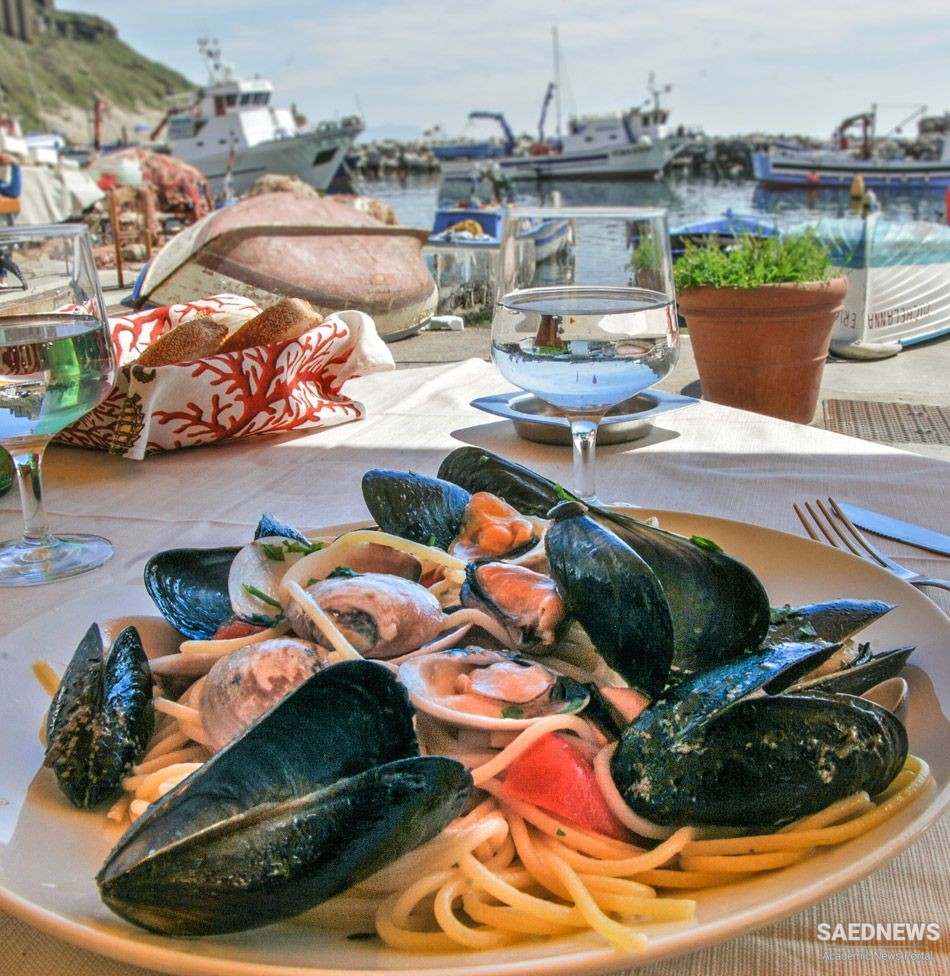In defining food tourism there is a need to differentiate between tourists who consume food as a part of the travel experience and those tourists whose activities, behaviours and, even, destination selection is influenced by an interest in food. The definition of food tourism can be closely related to the established literature on wine tourism. Wine tourism has been defined as visitation to vineyards, wineries, wine festivals and wine shows for which grape wine tasting and/or experiencing the attributes of a grape wine region are the prime motivating factors for visitors and is best seen as a specific subset of the more general concept of food tourism. Consequently, food tourism may be defined as visitation to primary and secondary food producers, food festivals, restaurants and specific locations for which food tasting and/or experiencing the attributes of specialist food production region are the primary motivating factor for travel. Such a definition does not mean that any trip to a restaurant is food tourism, rather the desire to experience a particular type of food or the produce of a specific region or even to taste the dishes of a particular chef must be the major motivation for such travel. Indeed, such is the need for food to be a primary factor in influencing travel behaviour and decision making that as a form of special interest travel, food tourism may possibly be regarded as an example of culinary, gastronomic, gourmet or cuisine tourism that reflects consumers for whom interest in is a form of ‘serious leisure’. However, the wider region is a consideration in the attractiveness of a destination. Hall argues that food and tourism industries rely on regional branding for market leverage and promotion and thus the appellation, or the regional ‘brands’ become an important source of differentiation and value added for rural regions. However, while food is an important part of regional identity and food production does have a substantial impact on the landscape it is very difficult to separate ‘foodscapes’ from broader concerns surrounding agricultural areas which, by their very nature, are landscapes of food production. Nevertheless, there are arguably a number of locations which, by virtue of their intensity of use for food production, including added-value processing and production, and their accessibility for visitors, including the availability of markets, farmer direct purchasing opportunities, restaurants and accommodation, are distinctive places of consumption for food tourists.


 Food and Tourism: Attraction and Integrity
Food and Tourism: Attraction and Integrity














































